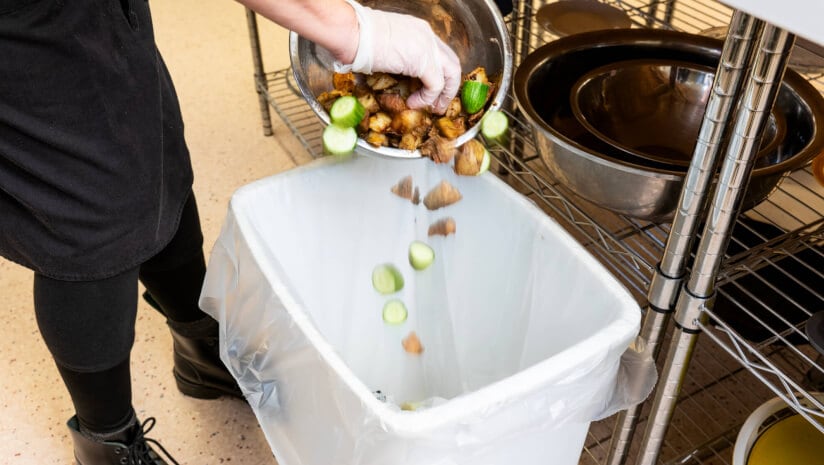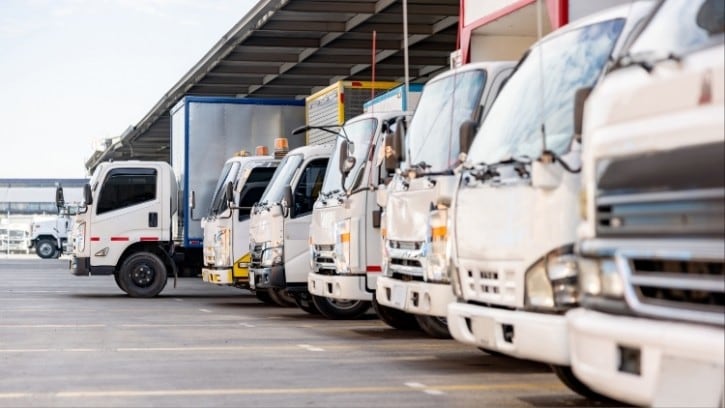From the end of next month, all businesses (with some minor exceptions) in England will be required to comply with the new ‘Simpler Recycling’ reforms, which are part of wider plans by Defra to improve recycling rates and simplify waste management, while ensuring that less waste food ends up in landfill.
Under the new rules, businesses that produce any quantity of food waste will need to separate it from other core waste streams – metal, glass, plastic, paper and card – through the use of different bins and then arrange for collections by licensed waste carriers.
The UK Government plans for the collected food waste to be taken for anaerobic digestion treatment, which can lead to the generation of biofuel and digestate that can be spread on land. The government’s current target is to eliminate food waste from landfill by 2030.
Defra has defined food waste as any biodegradable material produced from processing or preparing food, such as bones, eggshells, fruit and vegetable skins, tea bags and coffee grounds.
The 31 March implementation date applies to all workplaces in England with 10 or more employees, while employers with few than 10 members of staff have until March 2027 to comply. Plastic film collections from all workplaces will also be required by then.
Any firm that does not comply by 31 March is at risk of receiving a compliance notice from the Environment Agency. Compliance notices can also be issued against anyone who is not separating waste in agreement with their waste collector.
Meanwhile, the general public and other parties will be able to report workplaces that do not follow these rules to the Environment Agency from April.
To support firms with the transition, environmental charity WRAP has produced a range of valuable resources in collaboration with Defra, including a dedicated page for food and drink manufacturers.
‘Firms still unaware of new rules’
Mark Hall, founder of commercial waste collection service Business Waste, urged any firms that have yet to plan for the introduction of Simpler Recycling reforms to “take action now”.
“Many are still unaware of the upcoming rules or are apathetic towards making changes, but avoiding this could lead to sanctions or a fine,” he told Food Manufacture.
“To prepare for the changes, businesses should conduct a waste audit to understand how much waste they produce and what types. Doing this will help organisations understand what extra collections they may need and how often. If you generate any food waste, paper and cardboard, glass, metal, and/or plastic then you might require additional bins and collections.”
Once a waste audit has been completed, Hall advised that firms create a plan that ensures any commercial waste is managed in a compliant and efficient manner.
“You’ll need a separate bin for any food waste but you can combine cardboard and paper in one bin and dry mixed recycling (plastic, metal, and glass packaging) in another,” he continued.
“When it comes to implementing the changes, make sure staff are adequately trained on the new rules and understand the importance of adhering to them. Clear guidance and instructions can help make any changes easily and ensure staff know what’s expected from them.
“Partnering with a broker is the best way to ensure you get the best possible price for waste management, comply with all regulations, and that your business waste is dealt with sustainably. However, preventing waste at the source is the best way to reduce costs and your carbon footprint.”





